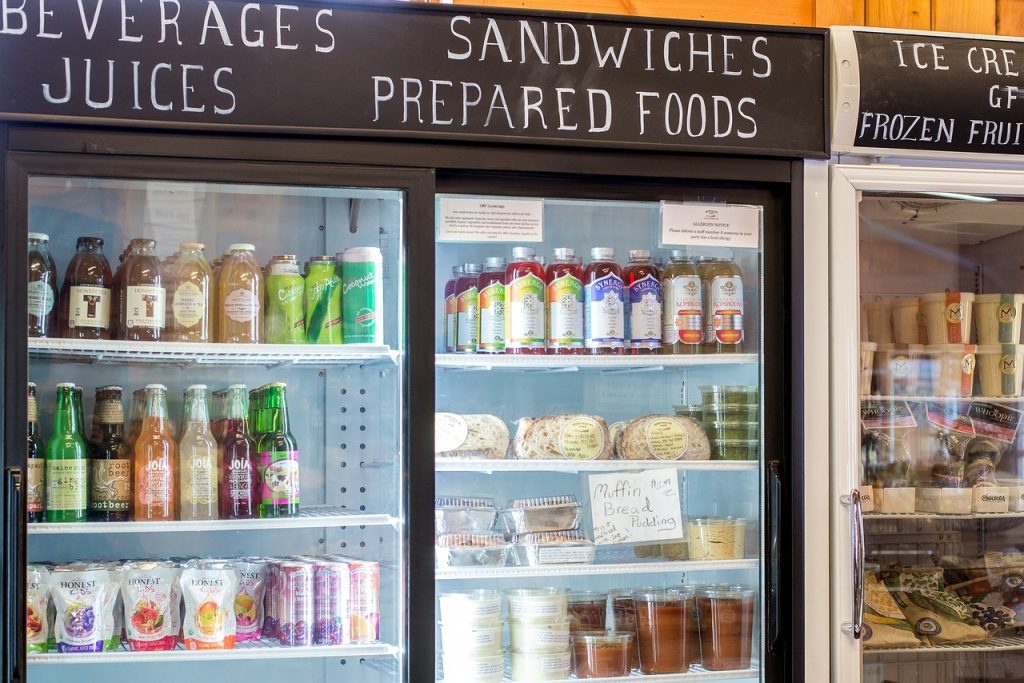Enhanced process management software helps food service providers to avoid food hygiene and safety issues that pose serious customer health risks, says mpro5
London is officially the worst city for food hygiene in the UK, according to a new survey by High Speed Training. The survey analysed Food Standards Agency ratings at 215,000 food outlets across England, Scotland, Northern Ireland and Wales. With London’s 35,833 food outlets scoring the lowest average rating of 4.36 out of 5.
The news illustrates the fact that the primary industry challenges that food service providers face today are compliance and food safety. According to the most recent report from the Food Standards Agency, there were 2.4 million cases of foodborne illness that occurred in the UK in 2022. And the number of cases of foodborne illness in 2024 are only set to continue to increase unless the UK’s food service industry makes drastic changes to the ways in which it audits and manages its supply chains.
Sam Roberts, Hospitality Lead at mpro5, said, “Process management software provides a solution to the complex task of remaining compliant and delivering a service that meets expectations. Food service providers can tackle processes and collect data on each one, enabling them to manage risks and identify problem areas before they escalate. This ensures that food companies meet and exceed food safety requirements, maintaining high standards of cleanliness, safety, and quality.
“The same software is also used to carry out Food Quality Audits on-site without head office officials visiting multiple sites. This data is then added to a dynamic dashboard allowing managing personnel to track compliance performance efficiently.”
Food service providers are consistently facing perception challenges where a significant drop in quality or expectations can be just as corrosive for a brand: whether that be a poorly cooked meal in a restaurant or a food poisoning outbreak, a PR nightmare is always around the corner.
Market-leading catering company Aspens increased operational efficiency following the adoption of enhanced process management software in 2023, with streamlined food safety processes reducing manual effort and the potential for human error. Aspens’ overall compliance scores went from ’unknown’ to 80% overnight and have increased to 98% by easily being able to identify areas for improvement.
“Food service providers must deploy digital tools to ensure their food safety operations are safe”, added Roberts.” This includes having organised hygiene practices, where digital systems can monitor handwashing compliance among food handlers and verify and record the regular sanitisation of surfaces and utensils. Providers can also ensure food handling processes are safe by utilising IoT devices and smart thermometers to monitor cooking temperatures, which share automated alerts when food cooking temperatures deviate.
“In 2024, food service providers must stay on top of their food safety and adhere to compliance to avoid adding to the increase of foodborne illnesses in the UK. Enhanced process management software will ensure that the food sector is safer for all and improve the UK’s reputation across the industry”, concluded Roberts.



